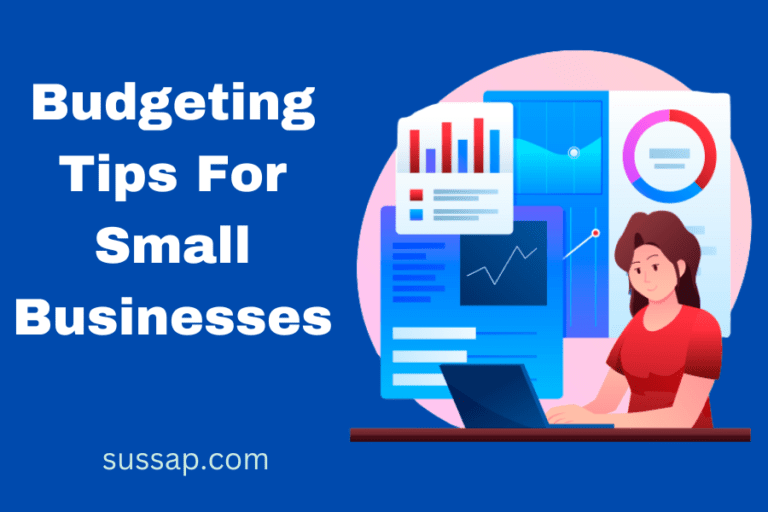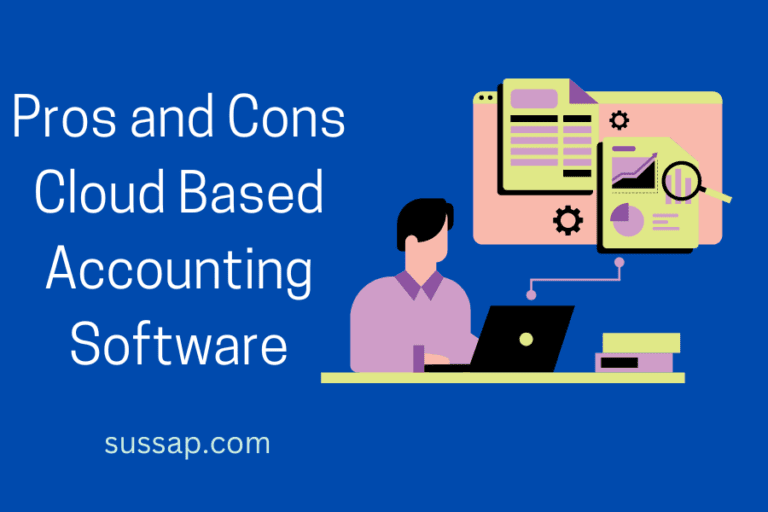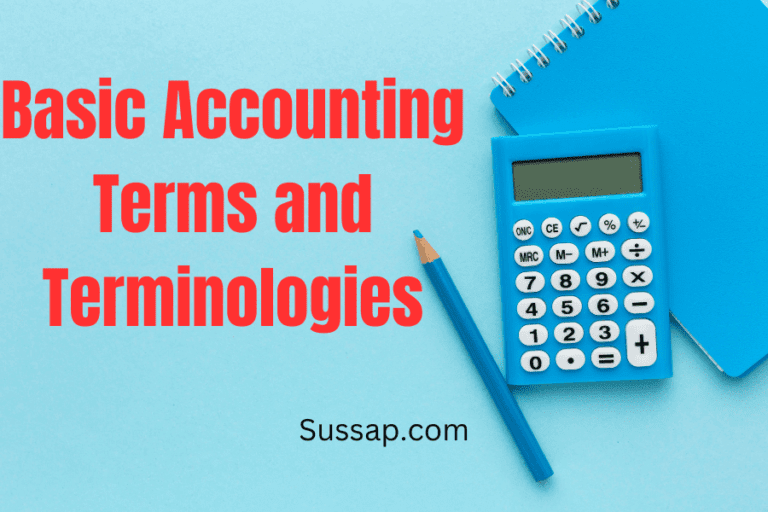There are many different types of accounting software available for businesses. Each type has its own advantages and disadvantages.
Before deciding which software to use, it’s important to understand your business needs and the different kinds available.
This article explains the 4 main types of accounting software and their uses. It also lists some of the best-known brands in each category.

Spreadsheet Accounting Software
Spreadsheet accounting software is a simple and easy way of keeping track of finances. It’s beneficial for small businesses that don’t have in-house accountants. Spreadsheets can be used as a basic ledger for accounting.
You should be able to quickly set up your accounts using a good set of templates provided by a good spreadsheet program. You should also be able to analyze your numbers and add new accounts with relative ease. The best spreadsheet programs are easy to use yet powerful enough for advanced users.
The main problem with spreadsheet software is that it isn’t flexible enough to cope with the different tasks businesses need it to do. For example, spreadsheets can’t be used for budgeting, forecasting, or financial analysis because these tasks require a lot more information than the average spreadsheet can handle.
Spreadsheets are also challenging to use if you want to manage several accounts from a single file (for example, if you have an online and a physical store).
Excel is typically the most popular spreadsheet program and the best choice for small business owners who want to use spreadsheet accounting software. It can handle all of your bookkeeping requirements and is simple to use.
Commercial Accounting Software
This kind of software is used by businesses to record financial transactions and produce tax payments. Accounting software often has a wide range of functions, including historical accounting, graphing, and payroll integration.
It can be used to record customer purchases, inventory purchases, transfers of assets, and more. While most accounting packages are capable of producing basic financial reports, they are most useful for tracking and reporting on a business’s cash flow.
Some of the better-known accounting software brands include QuickBooks, Xero, and FreshBooks. These accounting software programs have a variety of features, including a variety of reports and tools for tracking expenses and income.
Commercial accounting software is also of different types:
Desktop Accounting Software: Desktop accounting software is installed on a local computer, and all data is stored on that computer. This type of software is typically more affordable than cloud-based accounting software and provides more control over data.
Cloud-Based Accounting Software: Cloud-based accounting software stores data on remote servers, and users access the software through a web browser. This type of software is accessible from any location with an internet connection and is ideal for businesses with multiple locations or remote employees.
Online Accounting Software: Online accounting software is comparable to cloud-based accounting software but includes extra features like mobile apps and e-commerce integration. This kind of software is perfect for companies that conduct online sales and require access to real-time data.
Open Source Accounting Software: Open source accounting software is free to use and can be customized by users. This type of software is ideal for businesses with specific accounting needs or those looking to save money on software costs. For example, Akaunting is a free and open-source accounting software.
Enterprise Accounting Software
This kind of software is used by companies that have a large number of departments and employees. It’s used to manage the activities of a large organization, such as an accounting department or a production line.
This type of software helps you create an overview of the company, create a financial model, create a detailed accountant’s report, and more.
Enterprise accounting software usually has a large number of functions, such as financial modeling, forecasting, accounts payable and receivable, inventory management, expense tracking, and more.
A business might have divisions for finance, human resources, and marketing, for instance. With this kind of enterprise accounting software, every department can create its own financial reports, set up expense categories, create and track tasks, and much more.
Some enterprise accounting software is Oracle NetSuite, Microsoft Dynamics GP, and more.
Custom Accounting Software
This kind of software is created for specific use cases. For example, a real estate investor might use a tool to track costs, expenses, and profits in order to track progress against goals. A software developer might use an accounting package to track business expenses, such as research and development costs.
It helps you track your expenses, assets, and income by keeping track of your data in a standardized and easily accessible format. Instead of manually entering data, you can concentrate on what you do best—running your business.
Final Thoughts
Accounting software comes in a wide variety of forms, but they all function in largely the same ways. The main difference is the degree to which each tool emphasizes different functions.
The next thing to keep in mind is which type of software is right for you. Which is right for your business? That depends on several elements, such as the kind of business you run, the size of your organization, and the kind of accounting system you use.
Also Read:


![7 Best Accounting Software For Small Business [In 2024]](https://sussap.com/wp-content/uploads/2023/02/Best-Accounting-Software-For-Schools-2-768x512.png)



